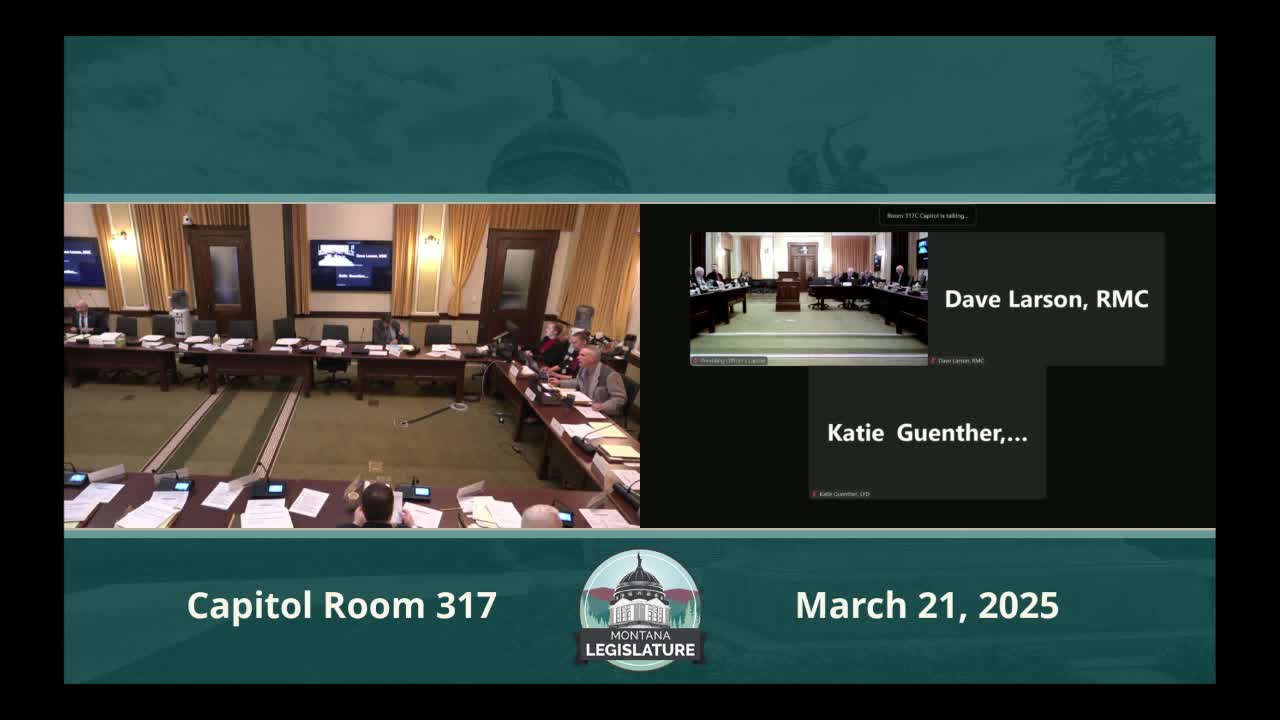Senate committee hears bill to expand reporting on large fiscal notes, lowers trigger to $500,000
Get AI-powered insights, summaries, and transcripts
Subscribe
Summary
A Senate Finance and Claims hearing focused on the fiscal reporting changes in House Bill 228, which would require more frequent and lower-threshold reporting of actual implementation costs for legislation that produces substantial fiscal notes and would remove a sunset provision.
Representative Bill Mercer opened the Senate Finance and Claims Committee hearing on House Bill 228, saying the measure would extend and tweak an existing reporting provision and remove a sunset provision that otherwise would end the requirement.
The bill would lower the reporting trigger from $1 million to $500,000 of estimated expenditures in any one fiscal year across a four‑year projection window and would require agencies to report twice yearly rather than once. "We're just trying to get this sort of put into the code and remove the sunset and tweak it a little bit where I think we'll make the information more useful," Representative Bill Mercer said.
Why it matters: Mercer framed the bill as part of a multi‑year effort to give appropriators better visibility into how enacted legislation is implemented and how actual expenditures compare with fiscal‑note projections. He cited work dating to 2021 and the earlier House Bill 146 reporting process as the origin of this approach.
Committee members asked operational questions about where the prior reports are posted and how the Office of Budget and Program Planning (OBPP) compiles the data. Mercer directed members to the Legislative Finance Committee materials and said earlier reports were less useful but have improved. Amy Franks of the Office of Budget and Program Planning told the committee she was present "for any questions." When asked where the previous reports are posted, Mercer said: "If you go to the LFC page I think you will see ... a report that's labeled HB 146 report."
Committee discussion also covered the purpose of the four‑year projection window. Mercer emphasized that the tracking is intended to show implementation and actual spending across the projection period, not just whether initial estimates were exactly correct.
Action at the end of the day: The committee moved to concur with House Bill 228 during executive action and the motion carried; the committee chair subsequently announced a senator would carry the bill to the floor.
Ending note: The bill received proponent testimony from the sponsor and an informational appearance from OBPP; no formal opponents spoke during the hearing.
